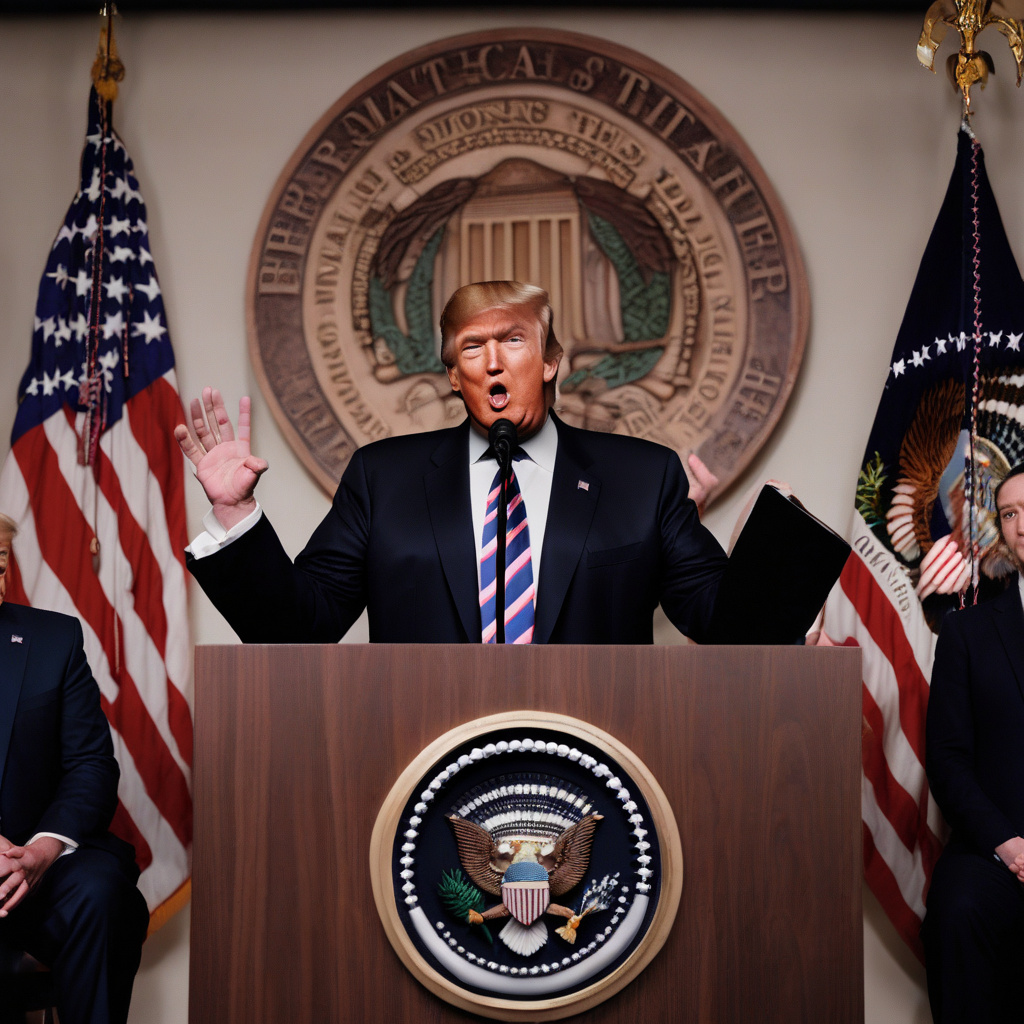Navigating the Impact of Trump’s Tariffs on Pharmaceuticals
In the ever-shifting landscape of global markets, recent warnings from Donald Trump about the imposition of additional tariffs have sent ripples of concern across various industries. Among the sectors bracing for impact is the pharmaceutical industry, which now finds itself in the crosshairs of potential tariff hikes. This development underscores the need for pharmaceutical companies to adopt strategic measures to navigate potential challenges effectively.
The pharmaceutical sector operates within a complex ecosystem influenced by factors ranging from research and development to production and distribution. Any disruption caused by tariffs can have far-reaching consequences, affecting not only the industry players but also patients who rely on a stable supply of medications. Therefore, it becomes imperative for pharmaceutical companies to assess the potential implications of these tariffs and proactively devise contingency plans to mitigate risks.
One immediate concern stemming from the prospect of tariffs is the impact on drug pricing. With additional tariffs in place, the cost of importing raw materials or finished pharmaceutical products could surge, leading to an uptick in production expenses. This, in turn, may exert pressure on companies to adjust pricing strategies, potentially affecting accessibility to essential medications for patients.
Furthermore, the imposition of tariffs can disrupt supply chains, causing delays in the delivery of critical drugs to markets around the world. Pharmaceutical companies heavily rely on streamlined supply chains to ensure the timely availability of medications. Any disruptions in this flow can not only hamper the delivery of existing drugs but also impede the introduction of new treatments and therapies.
In response to these challenges, pharmaceutical companies must proactively assess their supply chains, identify vulnerable points, and explore alternative sourcing strategies to diversify their supply base. By establishing robust contingency plans and forging partnerships with reliable suppliers, companies can enhance their resilience in the face of potential tariff-induced disruptions.
Moreover, collaboration within the pharmaceutical industry itself becomes crucial during times of uncertainty. Sharing best practices, insights, and resources can enable companies to collectively navigate challenges posed by tariffs and uphold their commitment to uninterrupted access to medications for patients worldwide.
As the situation unfolds, it is essential for pharmaceutical companies to stay informed about regulatory changes, monitor market dynamics closely, and remain agile in their response strategies. By staying proactive and adaptive, industry players can not only weather the storm of tariffs but also emerge stronger and more resilient in a rapidly evolving global economic landscape.
In conclusion, the looming threat of tariffs on pharmaceuticals serves as a stark reminder of the interconnected nature of global markets and the need for industry stakeholders to be prepared for unforeseen disruptions. By prioritizing strategic planning, supply chain resilience, and industry collaboration, pharmaceutical companies can navigate these turbulent times with confidence and continue to fulfill their vital role in safeguarding public health.

